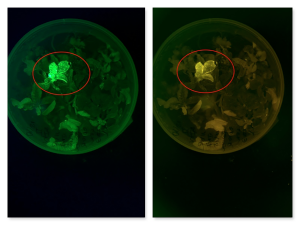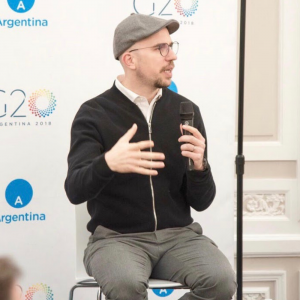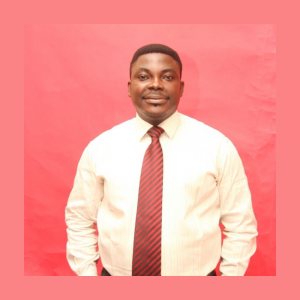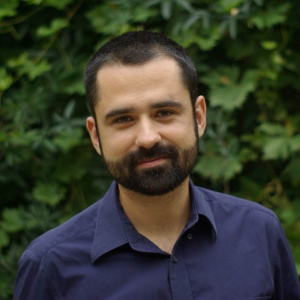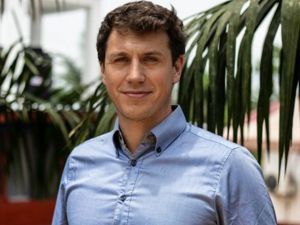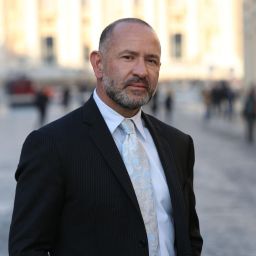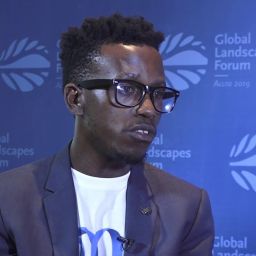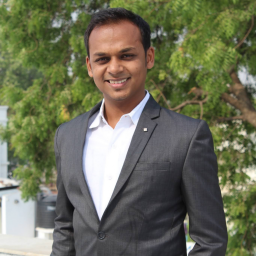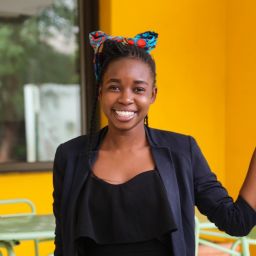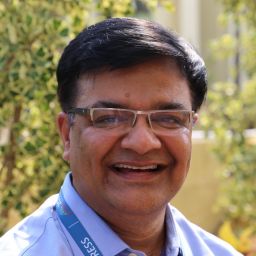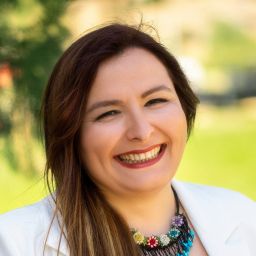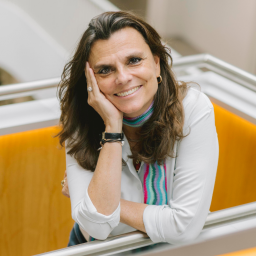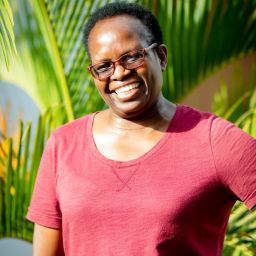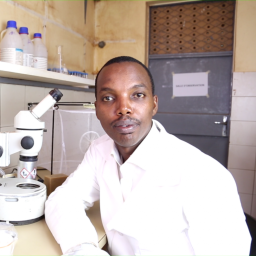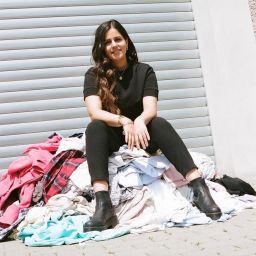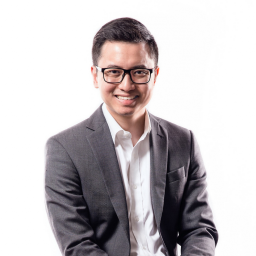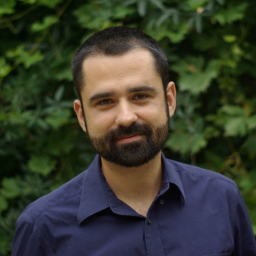Meaningful Business (MB:) Please tell us a bit about your background.
Shely Aronov (SA): I’m the Co-Founder and CEO of InnerPlant, the company pioneering the development of living sensors. I was born in Israel and graduated from Tel Aviv University before receiving an MBA from Stanford. Prior to founding InnerPlant in 2018, I founded an Israeli-style hummus brand and led a $220M World Bank-funded project to build a wastewater system in Cartagena, Colombia.
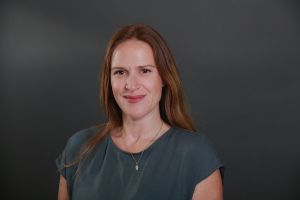
Shely Aronov, Founder & CEO of InnerPlant
MB: Please introduce your business and the problems you’re trying to solve.
SA: InnerPlant is pioneering the development of a novel class of biotechnology for plants that digitise crop physiology through the creation of optical signals that can be measured using satellites. These living sensors harness plants’ natural physiology to give us actionable insights into the environment, stresses, and overall health of each plant across millions of acres.
Plant stressors such as insects, fungi, and nutrient limitations reduce agricultural output at the cost of billions of dollars per year. By the time external symptoms are visible to farmers, it’s typically too late to prevent yield loss. In response, chemicals are applied prophylactically as a hedge against uncertainty.
However, the broad, blanket use of chemicals exacts a toll on the soil and environment, in addition to increasing input costs. Ironically, the broad use of chemicals to reduce pathogen damage makes them increasingly less effective because of resistance, which puts additional pressure on yields.
Unlike first-generation GMO traits where the value degraded over time due to the development of weed and insect resistance, the accumulation of Big Data through our smart seed ecosystem will enable increasing value creation as the platform matures.
Image of a transgenic soybean
MB: What is your biggest challenge right now and what support do you need?
SA: We’ve spent the last few years proving our technology works and now we face the challenge of commercialising it. We’re fortunate to have a phenomenal group of investors and supporters – including a number of amazing farmers – but we’re always looking to broaden our network to help get our seeds in the ground.
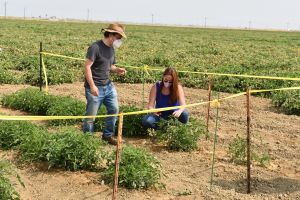
Shely measuring ‘InnerTomatoes’
MB: What is your ambition for the future of your business?
SA: We are all in for changing the future of agriculture so farmers can break free from blanket chemical application by helping them listen to plants’ needs rather than chemical salesmen. Farmers apply pesticides and fungicides prophylactically because by the time they see a problem, a large portion of the field is affected and they’ve lost yield.
But the ugly truth is that even with blanket application (estimated to cost $40B per year) farmers typically lose 20% of their yields (representing another estimated $40B) to pathogens. InnerPlant’s ambition is to give farmers early warning of pathogen attacks and solve that $80B problem by giving farmers a head-start against problems in their fields and eliminating the need for blanket application.
MB: What is your advice to other leaders who want to combine profit and purpose?
SA: Find a purpose you truly believe in and take the time to understand the complexities and needs of your market with an open mind. Then fully commit to building your enterprise and team around your purpose. Intertwining your business fundamentals with your purpose gives you the greatest chance for profits.
________
Quickfire Questions
MB – Tell us a mistake you’ve learned from:
SA: When I started my previous company, Yamba Hummus, I lacked the confidence to take on a large challenge. I decided to “play it safe” bootstrapping a small company that became a lifestyle business. It didn’t fulfil me, when I acknowledged that and moved on to start InnerPlant I embarked on the right journey for me. My learning was to be humble and forgiving to myself, once I found my confidence I found my mission.
MB – How do you spend your time away from work?
SA: As the mother of two young children, my time away from work is centred around my family. My hobby is cooking and I always look for opportunities to explore new recipes and cuisines.
MB – What’s the best piece of advice you’ve ever received?
SA: Go big on the vision. As an entrepreneur, it’s easy to get caught up in the risk of a new enterprise but several supporters and mentors pointed out early on that vision is a key factor in guiding a team and company toward success.
MB – What is the one book everyone should read?
SA: “Seed Money: Monsanto’s Past and Our Food Future” by Bartow J Elmore. It’s a remarkably well-crafted look at the history and practices that have led agriculture to where we are now and why we need to change.
MB – What is something you wish you were better at?
SA: I wish I was more patient. Intellectually, I know that change takes time and growing plants takes time but I often find myself wishing I had a magic fast-forward button that would hurry things along.
MB – What’s one thing you want to achieve in 2022?
SA: Our key goal for 2022 is the completion of field trials for our InnerSoy plants that will pave the way for our commercial rollout in 2023.
________
Discover the other leaders recognised on the 2021 MB100, for their work combining profit and purpose to help achieve the United Nations Global Goals, here.


